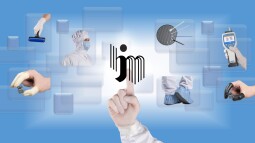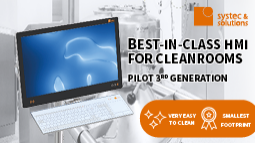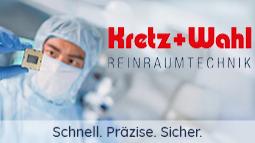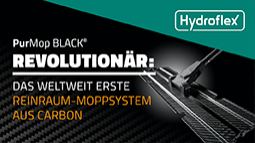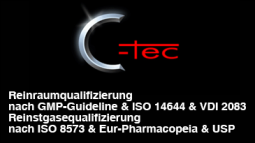- Trade fair
analytica 2024: Food analysis for sustainable nutrition
– Meat substitutes & co.: instruments for food technology
– From PFAS to microplastics: focus on new harmful substances
– Rapid food inspection thanks to digitalization
From meat-free cold cuts to vegan salmon, the food market is changing. More and more consumers want to eat sustainably, but without sacrificing the taste of familiar products. “Modern analytical methods play a key role in the development of alternative foods, which is why analytica is increasingly turning its attention toward them,” as Armin Wittmann, Exhibition Director of analytica at Messe München, explains. From April 9 to 12, 2024, exhibitors from all over the world will present their innovations in the field of food analysis and safety at the world’s leading trade fair for laboratory technology, analysis and biotechnology in Munich. “Demands on food labs are constantly increasing,” says Wittmann. “We bring the industry up to date with the combination of international trade fair, scientific conference and an extensive supporting program.”
Nutrition in transition
Thanks to sophisticated testing methods, it is hard to distinguish vegan alternatives from their animal-based counterparts. analytica exhibitor Shimadzu, for example, has developed a method based on gas chromatography and mass spectrometry that identifies flavor-relevant substances in meat and fish. This knowledge can be used to optimize the aroma of substitute products. Bite texture also plays an important role and can be determined using Shimadzu’s Texture Analyzer. Additionally, the right mouthfeel depends on how food glides in the mouth, whether it sticks to the palate or not. analytica exhibitor Anton Paar offers instruments for such measurements of friction and lubrication.
Meat grown from animal cells in the lab is also regarded as promising. The necessary equipment, from Petri dishes to incubators and bioreactors, can be found in Hall A3, which focuses on industrial biotechnology. In addition, analytica provides information on all instruments for analyzing nutrients and contaminants, protein compositions and allergens in end products.
New methods for PFAS
It is not only novel foods that require reliable testing methods but also common products, with the focus still on pollutant analysis. In addition to the perennial issues of pesticides and heavy metals, attention is increasingly turning toward perfluorinated and polyfluorinated alkyl compounds, or PFAS for short. The PFAS substance group includes around 10,000 different substances. They are considered as harmful to health, and not only pollute the environment but also contaminate our drinking water and a wide variety of foods. A comprehensive PFAS regulation is currently being prepared at EU level. At the same time, work on optimizing PFAS analysis is in full swing. The aim is to use multi-methods, as in pesticide analysis, which detect numerous substances simultaneously. analytica provides information on the current state of development. All major manufacturers of equipment for PFAS analysis, including Agilent, Analytik Jena, Bruker, Gerstel, Shimadzu and Waters are represented at analytica.
Rapid analysis of microplastics
Food analysis is using ever greater digitalization to meet the constantly growing demands. Digitalization also simplifies the complex analysis of tiny microplastic particles that we unknowingly ingest with our meals. analytica exhibitor Bruker offers FT-IR spectroscopy for microplastics analysis with an intelligent algorithm for rapid evaluation. Horiba, in turn, recommends Raman spectroscopy, and has developed special software for the fully automated analysis of filtered particles.
analytica covers the entire range of modern food analysis and invites visitors to take a look at the food laboratory Lab 4.0 with special events on digitalization. “Reliable analytical methods are essential for providing our society with healthy, tasty and at the same time sustainable food,” as Susanne Grödl, Deputy Exhibition Director of analytica, sums up. “We bring together users and equipment manufacturers, scientists and food inspectors, because the challenges of our time call for joint action.”
Messe München GmbH
81823 München
Germany
